World War II, a worldwide battle from 1939 to 1945, witnessed the strategic brilliance and leadership prowess of several army commanders. The ones who played pivotal roles in shaping the path of history. These key generals in World War 2, hailing from diverse nations, confirmed first-rate skill, innovation, and resilience on the battlefield. The war’s complexity demanded army leaders with the capacity to conform to rapidly changing conditions. Thus devising effective techniques to secure victory for their homeland. In this guide, you will learn about the lives and contributions of the remarkable World War 2 leaders. Names who left an indelible mark on one of the most consequential intervals in human history.
Top 9 Generals In World War II
Here is a list of generals in World War 2:
General Dwight D. Eisenhower (United States)
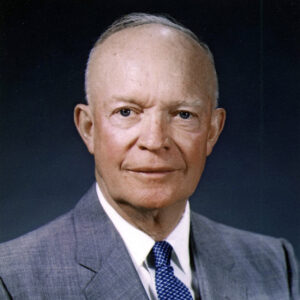
Key general in World War 2, Eisenhower served as the Supreme Commander of the Allied Expeditionary Force in Europe. His leadership skills received international acclamations with the planning and execution of Operation Overlord, the D-Day invasion of Normandy in June 1944. Eisenhower’s ability to manage various coalitions of Allied forces showcased his diplomatic and organizational competencies. His strategic, imaginative, and prescient emphasis on cooperation amongst Allied international locations contributed appreciably to the achievement of the invasion. Thus leading to the liberation of Western Europe from Nazi career.
Field Marshal Bernard Montgomery (United Kingdom)
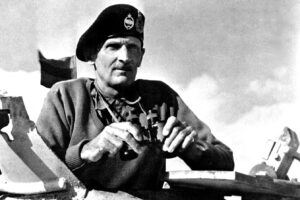
Field Marshal Montgomery, one of the most distinguished British commanders and top generals in World War 2 is recognized for his role in the North African and Italian campaigns. His meticulous plans and disciplined method were vital to the Allied victory at the Battle of El Alamein in 1942. First, Viscount Montgomery of Alamein’s leadership style was characterized by thorough practice and a focus on logistics. Despite clashes with different Allied commanders, his tactical acumen and dedication to offensive motion contributed appreciably towards helping Allied forces win in key battles.
General George S. Patton (United States)
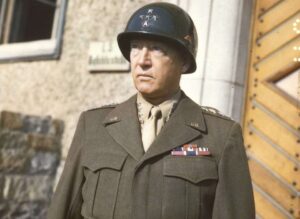
General George S. Patton, referred to as the Old Violence, was a charming and cutthroat commandant in World War 2. He played an essential job in the United triumphs in North Africa, resulting in the freedom of France. Patton’s ever-evolving utilization of defensively covered units and quick lift methods earned him recognition as one of the best war zone administrators. His management style, set apart by a tenacious quest for the foe, turned into a power to the satisfaction of the Western Partners on the European front.
General Erwin Rommel (Germany)
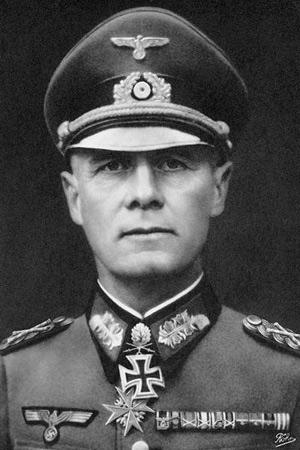
Field Marshal Erwin Rommel, the ‘Desert Fox,’ became a noticeably respected German commander recognized for his tactical brilliance in North Africa. Rommel’s innovative use of cellular armored units earned him early success against the British forces. Despite being on the Axis side, Rommel’s chivalry and army skill made him a figure of admiration even among his adversaries. His tactical prowess in the desolate tract campaigns showcased a deep knowledge of mobile warfare.
Admiral Isoroku Yamamoto (Japan)
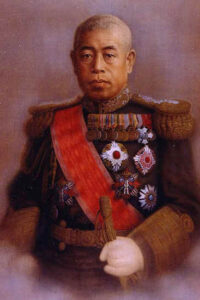
Chief naval officer Isoroku Yamamoto turned into the driving force behind the unexpected assault on Pearl Harbor. His actions helped catapult the USA into The Second Great War. As the commandant head of the Joined Armada of the Supreme Japanese Naval force, Yamamoto played a basic capability in Japan’s initial triumphs inside the Pacific. His strategic acumen extended beyond naval operations, as he identified the importance of air strength in present-day struggle. Despite his successes, Yamamoto’s aggressive approach in the long run caused Japan’s overextension and strategic dangers later in the war.
General Douglas MacArthur (United States)
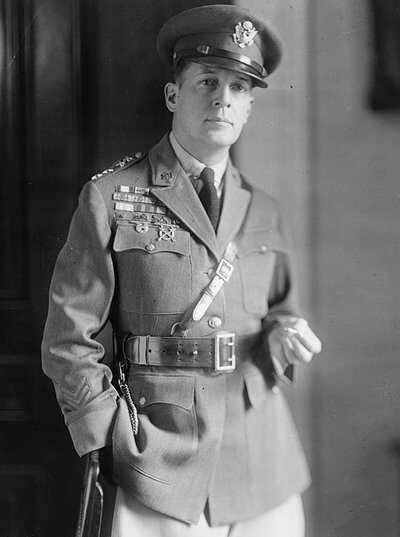
Douglas MacArthur, a towering figure in the Pacific theater, is next on the list of key generals in World War 2. He served as the Supreme Commander of the Allied Forces in the Pacific front. His management throughout the Pacific island-hopping campaigns tested a blend of strategic perception and formidable selection-making. MacArthur’s return to the Philippines and the following liberation of the islands showcased his dedication to his work. Further, his role in the put-up-struggle reconstruction of Japan solidified his legacy as a key architect of the Allied victory.
Marshal Georgy Zhukov (Soviet Union)
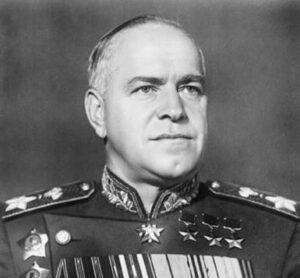
Marshal Georgy Zhukov emerged as the most outstanding Soviet military commander, crucial in the Eastern Front’s decisive battles. Zhukov’s strategic brilliance and know-how of cutting-edge conflict were obvious in key engagements. This included the Battle of Stalingrad and the Battle of Kursk. His management style was characterized by pragmatic technique and a willingness to adapt to the evolving dynamics of the Eastern Front. Zhukov’s contributions were instrumental in turning the tide towards the German forces and securing victory for the Soviet Union.
Field Marshal Gerd von Rundstedt (Germany)
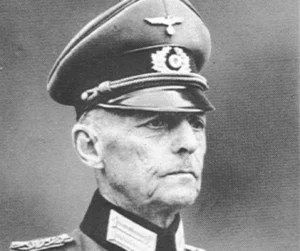
Field Marshal Gerd von Rundstedt, a senior German military commander, played a key role in the early successes of the German military, especially in the Blitzkrieg campaigns. His leadership throughout the invasion of France in 1940 showcased strategic brilliance as German forces hastily defeated the Allied defenses. Von Rundstedt’s emphasis on mobility and coordination between exceptional branches of the navy contributed to the effectiveness of German offensives. Despite setbacks later in the war, his legacy relates to the early triumphs of the German army device.
General Hideki Tojo (Japan)
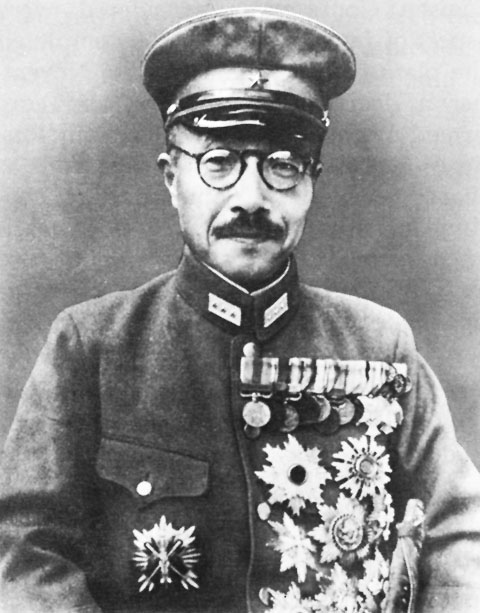
General Hideki Tojo, military chief and Prime Minister of Japan during World War II became a force behind Japan’s competitive enlargement in Asia. Tojo’s militaristic ideology and strategic decisions, inclusive of the choice to attack Pearl Harbor, formed Japan’s early successes in the war. As Japan confronted growing setbacks, Tojo’s leadership came under scrutiny and resigned in 1944. His role in warfare displays the complicated interaction between the army and political leadership during global conflict.
These key generals in World War 2, with their unique strategies, strengths, and contributions, left an indelible mark on history. Their leadership, whether on the Allied or Axis side, performed a critical function in shaping the consequences of key battles and campaigns, ultimately influencing the path of the whole conflict. As we mirror this era of unheard-of war, the legacies of those generals testify to the profound impact that army management can have at the route of history.



